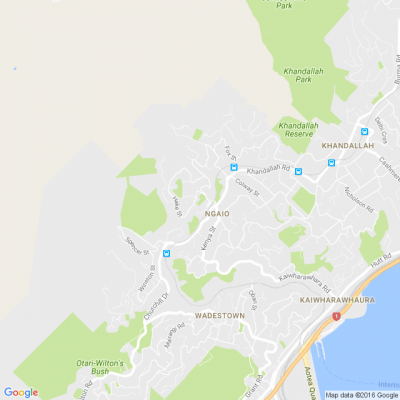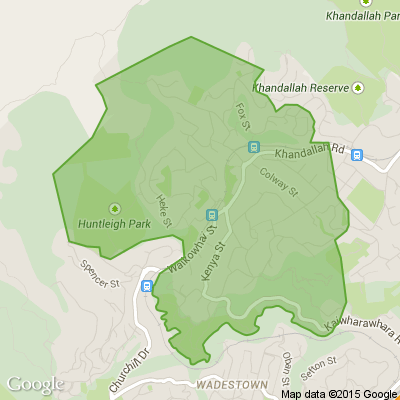Success in breeding kākāriki karaka
One of New Zealand's rarest and most endangered birds has been successfully bred at the Pūkaha National Wildlife Centre, near Masterton.
Orange-fronted parakeets (kākāriki karaka) were declared extinct twice in 1919 and 1965. Today their wild population number is just 100-300 individuals.
Successful hand-rearing of orange-fronted parakeets is considered extremely unlikely but Pūkaha had very little choice. The five chicks hatched in early August from one of the centre’s two breeding pairs, a male called Karaka and a female called Pōra. Not wanting to disturb the nest, it wasn’t until two weeks of age that rangers noticed that the feathers on the chicks were not developing. A closer inspection revealed that the chicks were bald and that their feathers had been plucked by their parents. Immediate intervention was required because the chicks were at imminent danger of dying from the cold. The only option for the parakeets’ survival was an attempt at hand-rearing.
The young chicks were immediately placed in brooders with heat lamps and fed a diet of parrot rearing formula. It took about three weeks for the chicks to get their feathers. Some six weeks later, all five chicks are fully grown, flying, and eating by themselves.
Share your summer photos! 📷
Taken some beautiful snaps lately? Whether it's rainbows, sunsets or a beautiful summer's day, we'd love you to share the joy with us.
Share a photo in the comments below

We're talking new year resolutions...
Tidying the house before going to bed each night, meditating upon waking or taking the stairs at work.
What’s something quick, or easy, that you started doing that made a major positive change in your life?










 Loading…
Loading…














